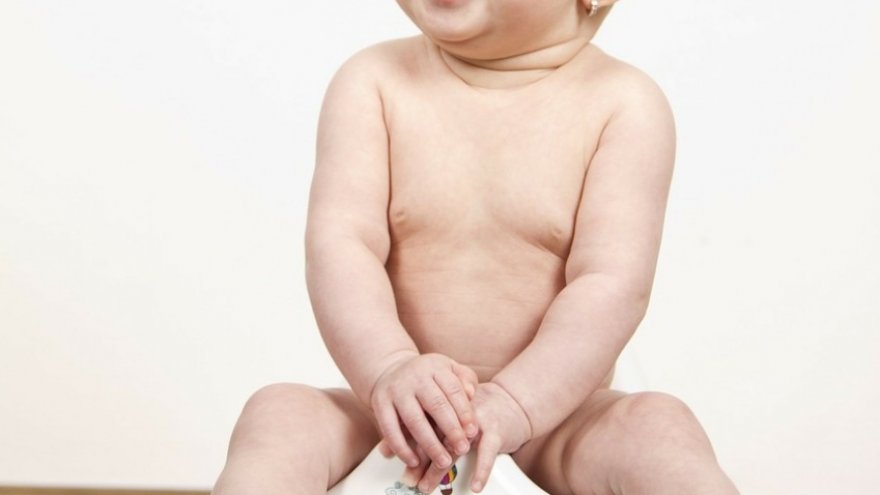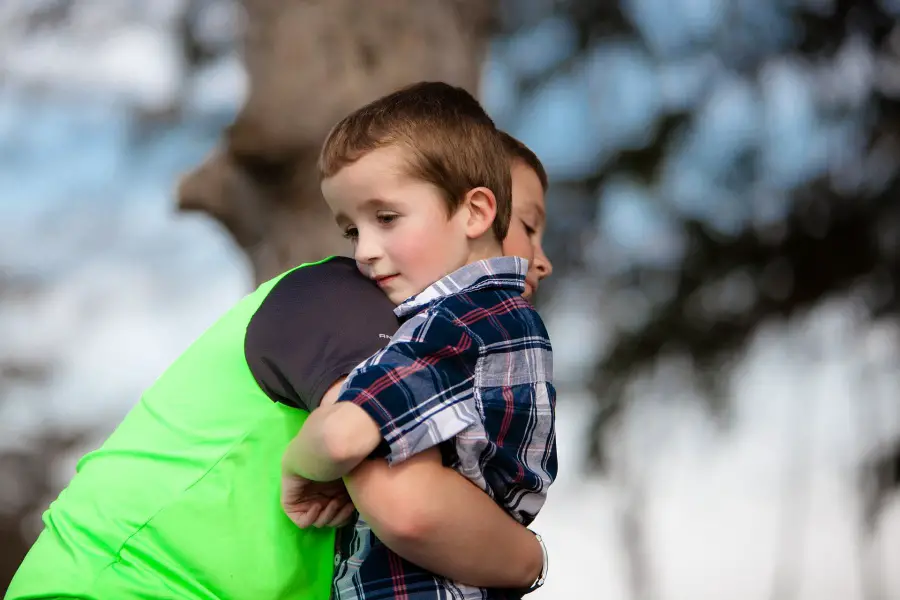Potty Training for Special Needs Children

Some children with special needs may not be successful using a toilet independently. This might take them several years beyond the normal age for potty training. How and when to start potty training is an extremely important subject of discussion for the parents of special needs children. Challenged children can’t be pushed to perform in ways that are absolutely impossible for them at a young age. There is a great success of accomplishment when the child does succeed with self-care and this can make a huge difference in the child’s self-esteem.
Parents that have developmentally delayed children can appreciate the potty training process more than parents that have a nonchallenged child. The parents with challenged children see this success as a reason to celebrate the child’s growth, rather than focusing on their mistakes. Parents use this opportunity to learn how the child learns easier and to focus on the progress instead of the mistakes.
This kind of training works excellent when parents of children with special needs have great guidance, good instruction, encouragement from all the family, a doctor, other special caregivers in their lives and support groups.
Signs that your child is ready
- Does your child understand that wet and dry are different?
- Can your child be dry for more than two hours?
- Do they sense bowel movements?
- Can your child sense when he or she has to urinate?
- Do they reach the potty in time? (Even with your help)
- Can your child dress and undress themselves?
- Is your child ready and willing to learn to take the next step?
If your child is still resisting, they are not ready for new challenges yet. You still might have to prepare your child if he or she is not behaving like other children. Take some time and prepare your child psychologically before you start teaching them to use the potty.
You can always ask your pediatrician for their opinion if you think your child is ready. The doctor will examine your child and help with offering some advice for the condition that your child is currently in. Your doctor can also offer you additional information that you might need before starting. Also, there may be special equipment that you can try.
This is a good time to prepare yourself and your child psychologically before you take your child on this new task. Children with special needs usually begin with toilet training a little later than other children their age. Sometimes it might take them later than age 5 to complete the process and often the more severe the case, the more help these children need often into later years in life. This can be physically painful for some children and unintelligible to others. Accidents are going to happen and you will need extra patience when this occurs. You can also ask your spouse, family, and friends to help before you begin this process. This will give you more support and help boost your moral.
 Behavioral Disorders
Behavioral Disorders
Some children are very intelligent but have behavioral disorders and this is also a great challenge for parents. This is an area where the parent has to know their child’s strengths and weak spots, dispositions, and interests to help them as a guide through the potty training process. Trying to use the potty can be just as intense for parents with children that have intellectual, developmental or behavioral disorders. This includes autism, fetal alcohol syndrome, oppositional defiant disorder, and in some cases ADHD. These kinds of children are not very motivated or able to answer social reinforcements that might work for other children. These children have a hard time adjusting to new routines and some are very touch-sensitive. They can become distressed by taking their clothes on and off and from adults being in their personal space so often. The bathroom becomes unfamiliar territory to them and accepting the potty can be tough and complicated. These complications may cause them to get upset and can lead to temper tantrums, stubborn behavior, and denial to cooperate.
There still is a rainbow at the end of the tunnel because children with all of these conditions can be trained to use the potty, however; the process might take a bit longer. The first step is to make sure your child is prepared to start with the training. There is no point in starting potty training unless you can see that your child can stay dry for an hour or more at a time. Another factor is to have bowel movements that are regular, to be conscious of the fact that he or she is ready to urinate and to dislike being wet. Doctor visits are also very important because your kid might be at a higher risk for loose stools or constipation. This can interfere with toilet training.
When you are certain your child is ready, it’s time to start working towards their first success. You can use a potty for children or the toilet. Some parents use a reward for their children when they use the potty successfully. Some children are reluctant to enter the bathroom but when they do parents also reward the child for this first success as well. The process will be a lot easier if your child doesn’t like the constant physical closeness of adults. You can let the child just wear their underwear at first, or even nothing at all below the waist. You can teach the child how to handle their clothing at the ending of the training process, once the potty has become a routine of their day.
Children may resist this new task at first, but it is important to be firm and matter of fact that your child at least tries. You can show them that you don’t like it when accidents happen but never judge or punish your child when they make a mistake. If your child is verbally challenged, try to stick to simple words like “wet” no! Your child will eventually learn to use the potty, and it is good to motivate them with a treat that they enjoy. Now your child will start to love this new routine and look forward to it. If your child begins to regress, go back to the steps when the child was successful. Don’t take away their treat too soon. One parent found success using the money for her child’s piggy bank and after a month, the parents took the money away and the child went back to the early stages. She blamed it on the new baby, however; the training was working fine with the new baby. So make sure your child is ready for another change before removing any treats. Your child will begin to visit the bathroom at times that are predictable and may become upset if their routine is in an uproar. Make sure you remember how difficult change is for your child and what a major step this was for him or her. You can also find some support for yourself because you need to keep your patience level high to succeed. Both you and your child are beginning a new journey together to overcome a difficult barrier.







